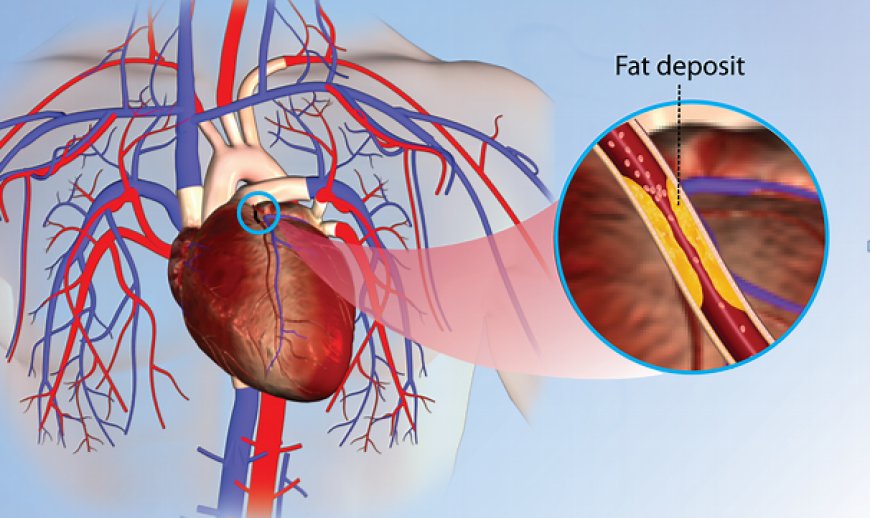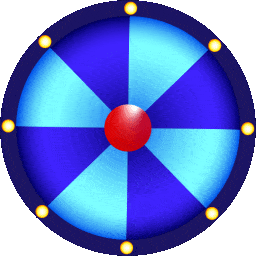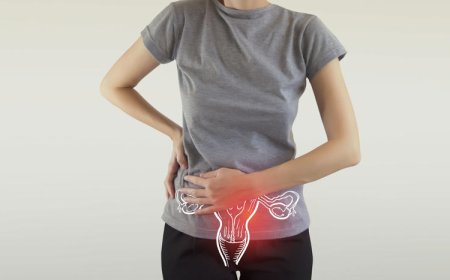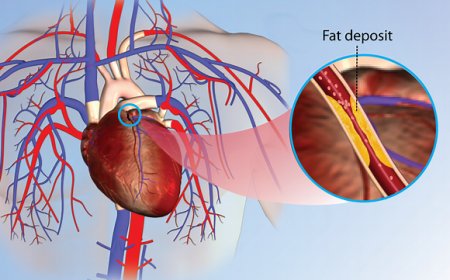Intense coronary disorder
Chest discomfort or shortness of breath is caused when heart muscles receive insufficient oxygen-rich blood. Causes: Majorly caused by the reduced blood flow to our heart to muscle. Symptoms: Symptoms include pain and discomfort in the shoulders, chest, back, and neck. Diagnosis: Diagnosis involves laboratory tests to confirm the condition.

Facts
Treatable by a medical professional
Diagnosed by medical professional
Often requires lab test or imaging
Can last several weeks or months
Common for ages 60 and older
Family history may increase likelihood
Urgent medical attention recommended in severe cases
Attributes of stable angina - Occurs when the heart works harder, is predictable, goes on for a brief period of time (five minutes or lesser)
Chest uneasiness does not always mean a case of angina. If the chest pain further develops, seek the assistance of medical services.
Symptoms
CHARACTERISTIC
COMMON
Common signs and symptoms of angina are:
the Chest pain orr sensation of the weight or crushing on the Chest
Pain in the jaw, arms, neck, throat, stomach area, shoulder & back going with the chest tightness
Feeling sick
Exhaustion
Shortness of breathing, either on exertion or the rest
Unexplained sweating
Dizziness
Light-headedness
Weakness
Vomiting
Restlessness
Causes
COMMON
RARE
Angina occurs when restricted blood supply the heart muscles. It is a symptom of a heart condition and not a disease. The symptoms worsens while in rest. It may be a medical emergency.
Risk factors include:
Hypertension
Food high in immersed fat and cholesterol
The absence of physical activity
Consumptions of the tobacco in any forms, either chewable or smoking
Type 1 diabetes and Type 2 diabetes
Family history
Advanced age
Extreme enthusiastic anxiety
Obesity
Stress
Diagnosis
COMMON
IN SEVERE CASES
Diagnosis involving laboratories test to confirm our condition.
Electrocardiogram (ECG or EKG)
Records electrical movement of our heart and can recognized when the hearts is the deprived of oxygen.
Troponin test
A blood test, to check if there is a heart attack or chest pain is worsening. Usally done to identify unstable angina.
Creatine Kinase-MB test
To be identifying if the damage is skeletal muscle & heart muscle. Usally done to detect unstable angina.
Nuclear stress test
Circulatory strain readings and an EKG while the patient is expanding physical action.
X-ray
Chest X-ray is to be visualized the structures of inside our chest.
Lipid profile test
Blood test to be measure of the levels of cholesterol & fats.
Blood glucose test
Measure blood glucose levels to detect or monitor diabetes, which is a risk factor
C-reactive protein (CRP)
A high-sensitivity test to evaluate the risk of developing coronary artery disease.
Echocardiogram
Sound creating the picture of your heart, which helps in detecting any blockage body or narrowing of the arteries.
Coronary angiogram
Uses a dye and X-ray to visualize how well the blood flows through the arteries in the heart.
Treatments
Therapy depends on the severity and there are numerous options including lifestyle changes, drugs, angioplasty, and stinting, or coronary artery bypass surgery.
Complications
Complications may include:
Heart attack
Sudden cardiac death
Fainting
Prevention
Stop smoking
Manage other health conditions like hypertension, elevated cholesterol, and diabetes
Have a healthy diet
boost your physical activity after consulting a Doctor
Maintain the ideal body weight
Practice stress-relieving techniques
Questions To Ask Your Doctor
Is there any specific preparation required for the tests?
Should I have an assistant when I come for the tests?
Is there any specific diet to follow?
Can I continue with my daily exercises?
Nutrition
FOODS TO EAT
FOODS TO AVOID
Foods to eat:
Consume vegetables, fruits and whole grains.
Pick lean proteins, for example, skinless chicken, fish, and beans.
Choose skimmed milk and low fat yogurt.
Foods to avoid:
Reduce The intake of sodium.
stay away from Food with saturated fats and hydrogenated fats.
Avoid foods that contain cheddar, cream, or eggs.
What's Your Reaction?
































































